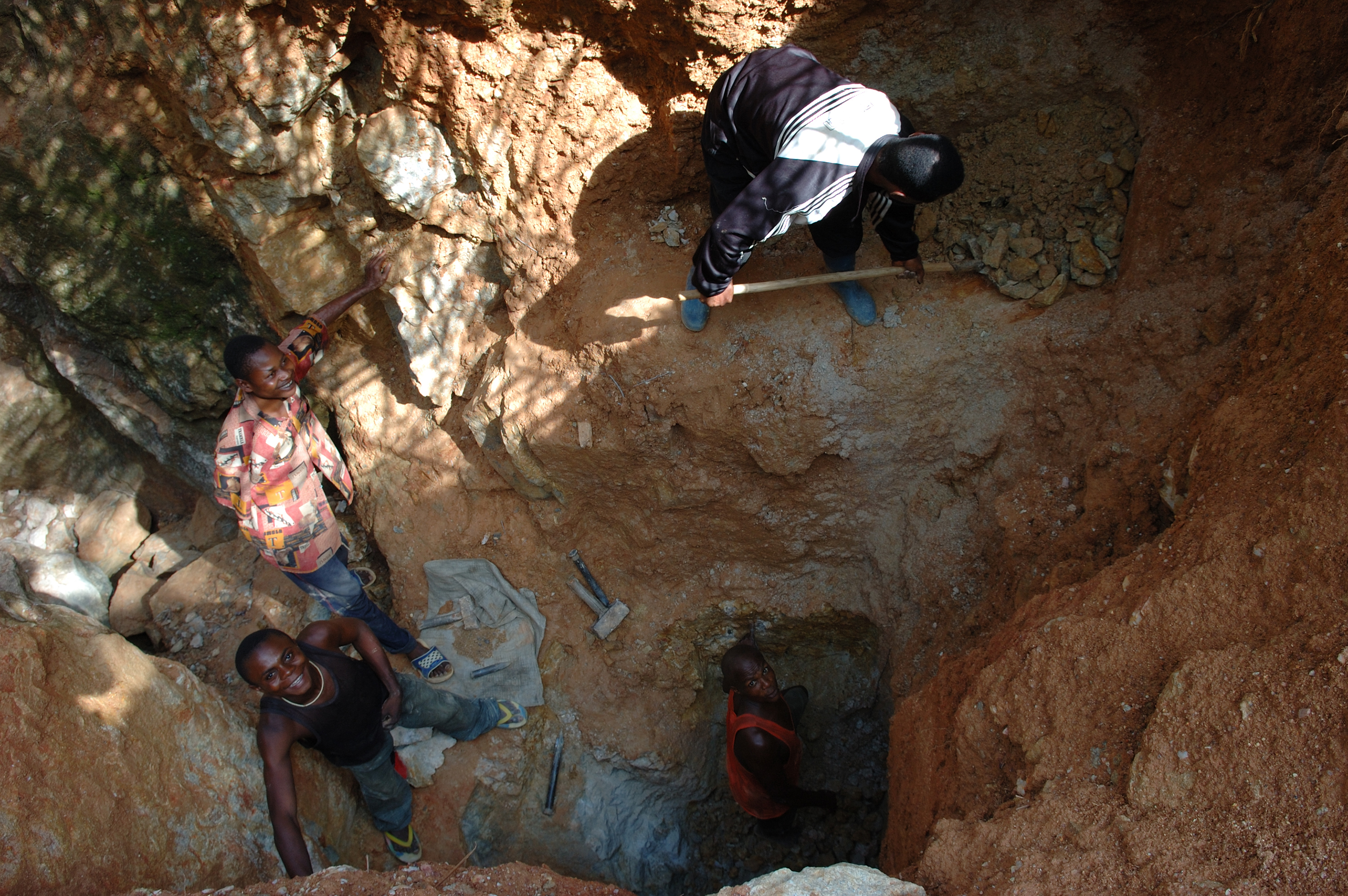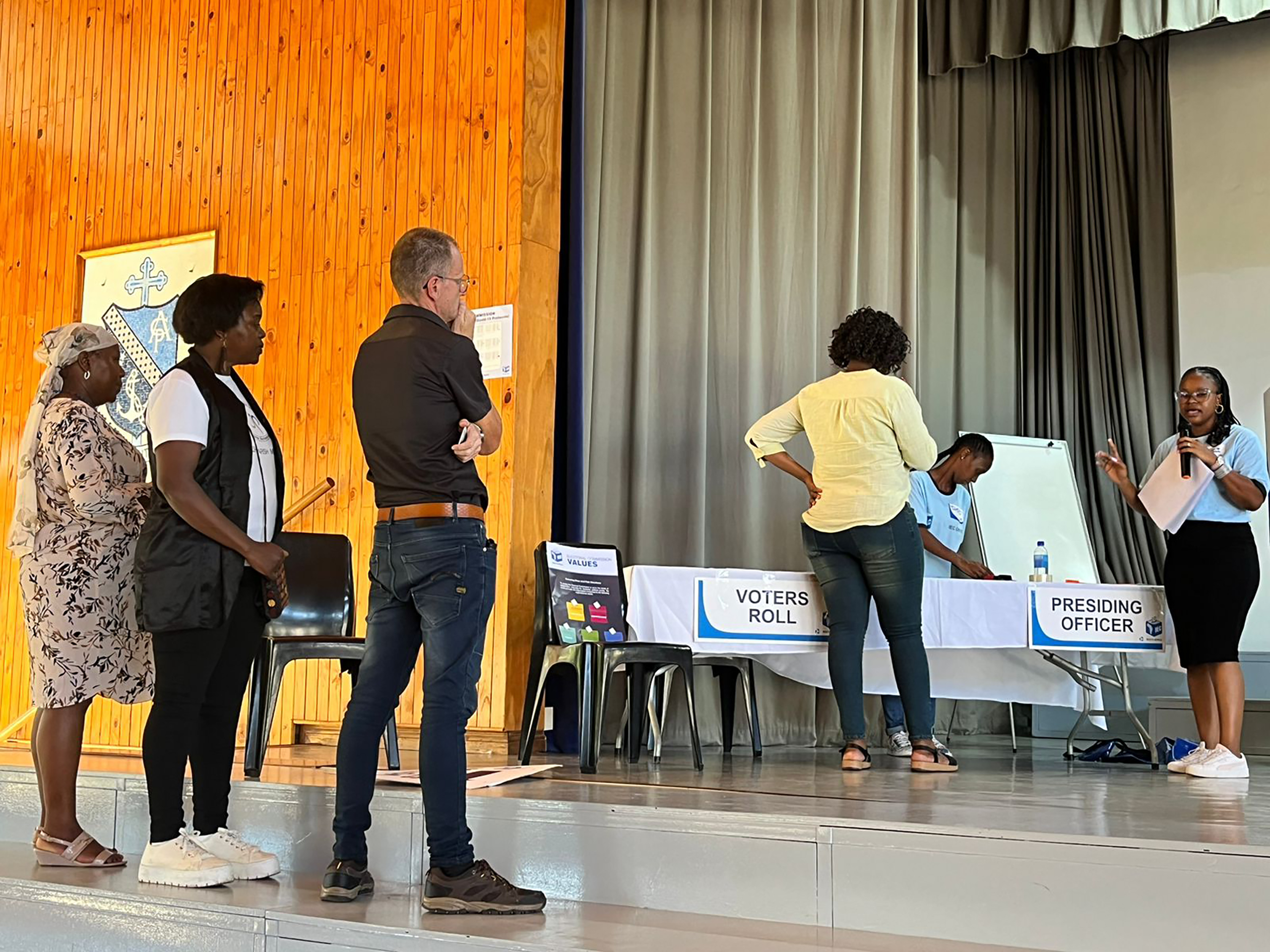
CATHOLIC SOCIAL TEACHING, PURSUING THE COMMON GOOD
It is the honourable responsibility of Christians to contribute by means of active participation to building a society where the common good is fundamental. As Pope Benedict XVI affirmed: “There is a need for authentically Christian politicians but, even more so, for lay faithful who witness to Christ and the Gospel in the civil and political community.” (Address to the 24th Plenary Session of the Pontifical Council for the Laity).
RADAR • MINERALS

PASTORAL APPROACH TO DEADLY MINERAL CONFLICTS IN AFRICA
BY PASCHAL NORBERT | PRETORIA
Cardinal Fridolin Ambongo Besungu of Kinshasa, president of the Symposium of the Episcopal Conferences in Africa and Madagascar (SECAM), spoke in Accra, Ghana’s capital, where a March 8-10 gathering brought together over 40 bishops, priests, and lay Catholics. They explored the state of Africa’s mineral resource extraction under the theme “Conflicts in Africa in the Context of the Exploitation of Natural and Mining Resources.”
Cardinal Besungu said that “the overarching objective is to ensure that Africa’s abundant resources contribute to economic development, benefit the majority of its populace, foster peace, and alleviate poverty.” He emphasized “the urgent need for the Church in Africa to adopt a pastoral approach to integral ecology and ecological conversion informed by its social doctrine, particularly in relation to extractive industries,” in a statement on behalf of SECAM issued on 11 March 2024.
During Pope Francis’ pilgrimage to Congo and South Sudan, at the beginning of 2023, he said in Kinshasa, the Congolese capital: “Hands off Africa!”. “Stop choking Africa: It is not a mine to be stripped or a terrain to be plundered. May Africa be the protagonist of its own destiny!”
Cardinal Besungu echoed the pope’s call at that time for respecting African mineral resources, saying that despite significant foreign investments in oil, gas, mining and natural resources, the local populations on the continent did not benefit from them.
Exploitation of resources is an everyday problem in Africa. Last February, Cardinal Besungu, during a homily, accused Rwanda of signing an agreement with the European Union to plunder resources in eastern Congo. Speaking in memory of victims of the war in eastern Congo and peace for the country, the cardinal inquired whether the agreement was not to be understood as siding with the aggressor.
According to church analysts, activities similar to those in Congo were recurring in many countries, naming Mozambique, Central African Republic, Sudan and South Sudan as examples. Wars triggered by resource exploitation caused the displacement of millions of people from their homes.
The conflict in Congo, where colonial powers are allegedly proxy participants, now involves rebels who control mineral rich regions in the eastern part of the country. The conflict has displaced an estimated 6.1 million people in the eastern provinces of Ituri, North and South Kivu and Tanganyika.
Before South Sudan became an independent state in 2011, a 21-year war fought between the North and the South, killed an estimated 2 million people. A mix of religion, politics, and competition for oil wealth reserves, developed by foreign multinationals, fuelled the conflict.
In Mozambique, a current crisis engulfing the province of Cabo Delgado is framed as Islamist violence, but Archbishop Luis Fernando Lisboa, now serving in Brazil, said in 2020 that the conflict was rooted in the exploitation of natural gas and that while religious extremism was an important factor, it was not the main one.
“(The) exploitation of natural resources by multinationals has (triggered) wars, forced displacement … what is the attitude of the church?” Archbishop Lisboa, who was for eight years, from 2013 to 2021, the bishop of Pemba, Mozambique, asked.
“Either, we are Samaritan and prophetic or (a) church consumed by selfish interest, with an ambiguous role,” he declared.
The recent meeting in Ghana identified the key challenges associated with mining and natural resource exploitation on the continent, and attendees exchanged experiences regarding the church’s existing responses.
With a series of proposals, the meeting called for the establishment of a continental day of prayer and solidarity in Africa to focus on specific issues in individual countries and amplify the voices of marginalized communities. It also called for enhanced education on integral ecology, as well as increased involvement of legal and media professionals in monitoring natural resource exploitation and advocacy efforts.
“There is a need for the church in Africa to sincerely determine on which side of the conflict it’s standing, (whether it’s) perpetrators or victims. There is need for evidence how local African statesmen are benefiting from the exploitation and conflict,” Bishop Wilybard Kitigho Lagho of Malindi, Kenya, told OSV News.
“Each (bishops’) conference needs to document and engage with this exploitation in their jurisprudence and develop a systematic response together with the victims,” he added.
SECAM organized the meeting in Ghana in collaboration with the Vatican Dicastery for Promoting Integral Human Development, Catholic Relief Services, the Denis Hurley Peace Institute and the Catholic Peacebuilding Network of the University of Notre Dame, among other Catholic organizations.
Source: thecentralminnesotacatholic.org.




